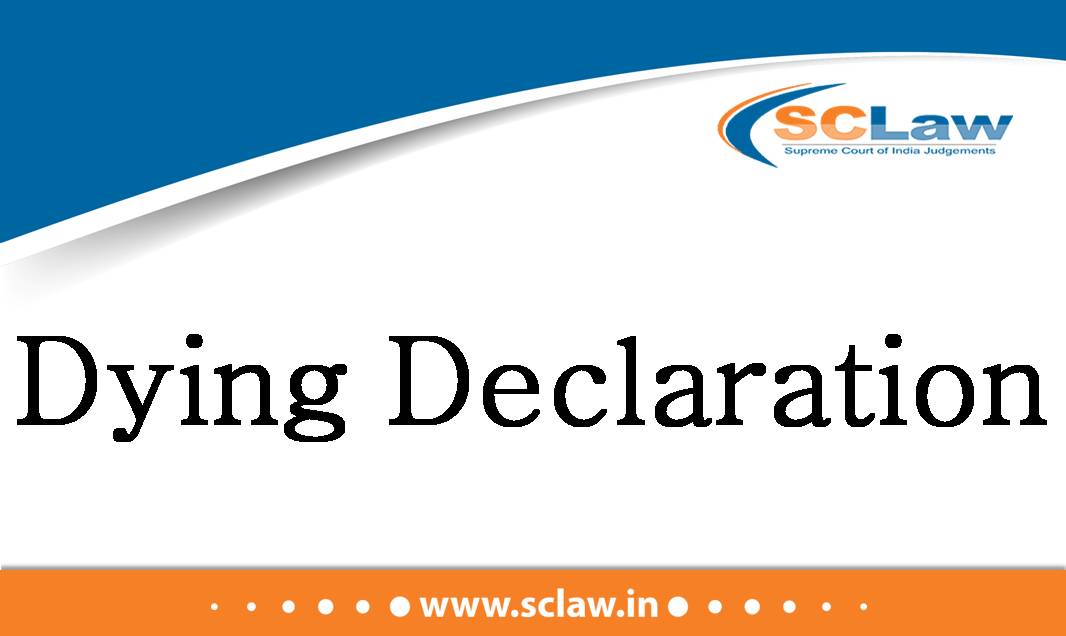Service and Labour Law–Regularisation–Daily Wager–Completion of 240 days of work in a year by a daily wage employee–Whether confer any right to regularisation–No–It only confers that the employer has to follow certain obligation at the time of termination of the employee’s service.
2007(5) Law Herald (SC) 3520 IN THE SUPREME COURT OF INDIA Before The Hon’ble Mr. Jusitce Arijit Pasayat The Hon’ble Mr. Jusitce P. Sathasivam Civil Appeal No. 4856 of…





